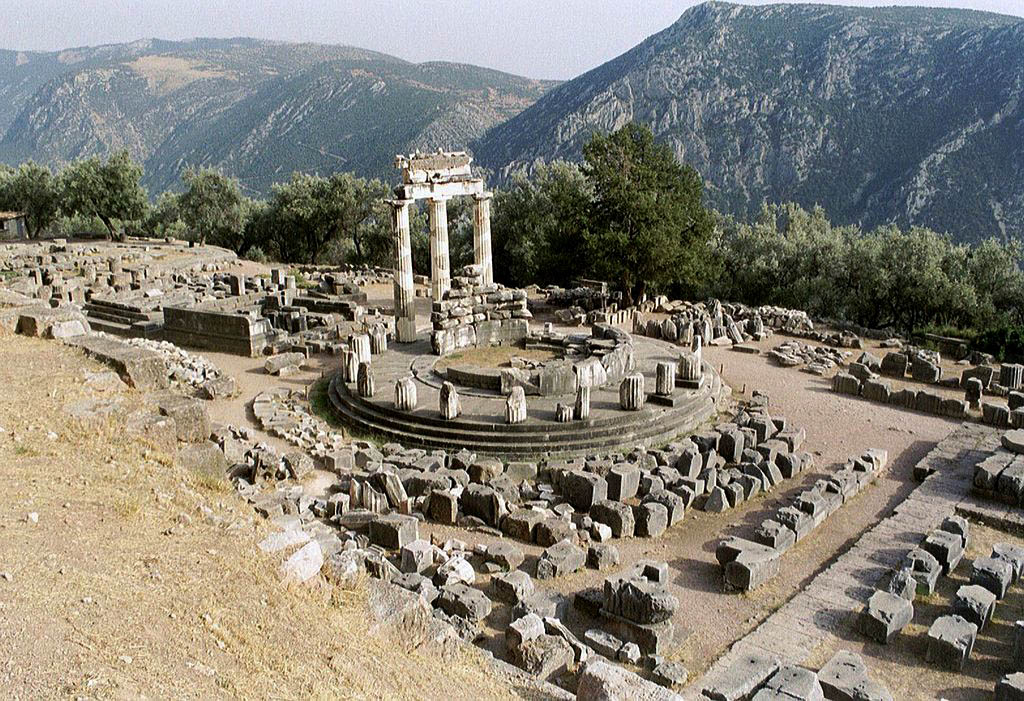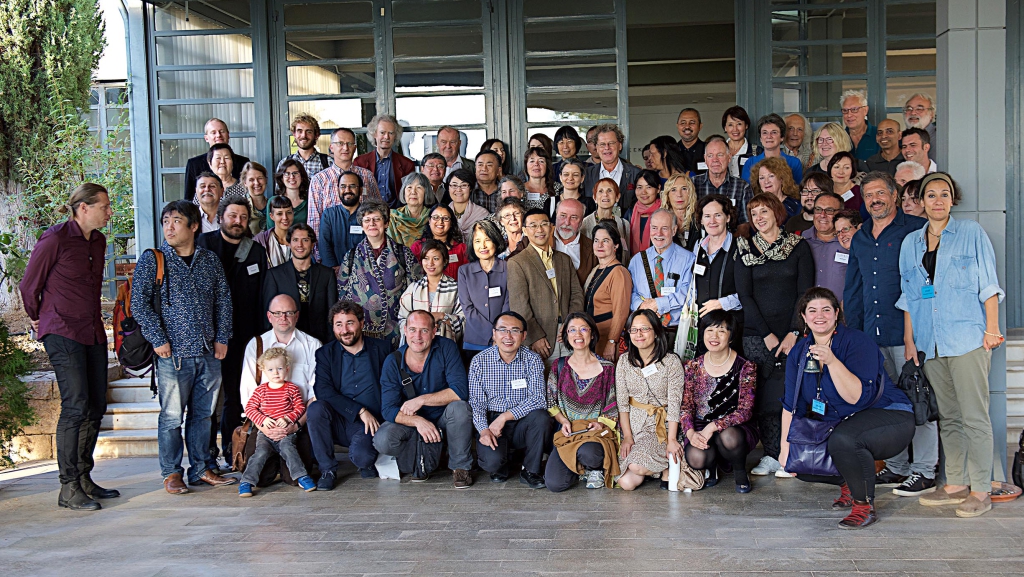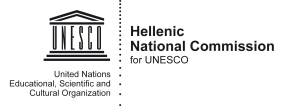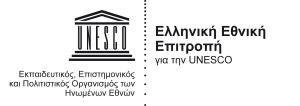Sacred Landscapes and Conflict Transformation:
History, Space, Place and Power in Shamanism
Conference, October 9th – 13th 2015, Delphi (Greece)
In many parts of the world the wide array of religious-healing complexes defined as shamanism are mainly linked to ancient oral cultures and societies. Of course, the role of shamanism and shamans is not limited to addressing illnesses and misfortunes. Shamans are the main actors in shaping and preserving sacred landscapes both on the human and other-than-human levels. At the same time, they often deal with historical and mythical events. Therefore, shamans become powerful political figures. In the last decades, their voices have assumed new vigor, empowering the struggle of many indigenous peoples for human and land rights as well as taking part in environmental campaigns on a global level.
Over the years, in their often conflicting encounter with colonial and post-colonial economic and political interests, dominant cultures and established religions shamans were called to deal with structural, physical and cultural violence which undermined and continues to undermine the preservation and the very existence of sacred landscapes and, therefore, the wellbeing and survival of many cultures.
As proved by historical evidence and in particular by the survival of shamanic complexes even in regions where these were brutally repressed, shamans are masters in conflict transformation (and at times resolution) techniques and strategies.
The main goal of the ISARS conference is to discuss the responses of shamanistic complexes to exploitation, environmental, political, economic, social and religious threats in the past, as well as in present. This discussion also aims to reframe shamanism in a more ‘fair’ and realistic perspective, in comparison with the highly idealized icon widespread in many non-shamanic and mostly industrial cultures.
International Organizing Committee
1. Marjorie Mandelastam Balzer, Georgetown University, USA (more…)
2. Naran Bilik, Center for National Minorities Studies, Fudan University, Shangai (more…)
3. Zeljko Jokic, School of Archaelogy and Anthropology, Australian National University (ANU), Australian Institute for Aboriginal and Torres Strait Islander Studies (AIATSIS) (more…)
4. Pavlos Kavouras, National and Kapodistrian University of Athens (more…)
5. Laurel Kendall, American Museum of Natural History, Columbia University (more…)
6. Diana Riboli, Panteio University
7. Dimitra Mari Varvarezou, Arizona State University (more…)
8. Alban von Stockhausen, Bernisches Historisches Museum (more…)
Conference Administrator
Conference Staff
Eugenia Rousso, pos-doctoral researcher (spoken languages: Greek, English, Portuguese)
Elena Sartori, PhD candidate (spoken languages: Russian, Greek, English)
Olga Kakosimou, PhD candidate (spoken languages: Greek, English)
Elli Kosteletou, PhD Candidate (spoken languages: Greek, English)
Natasa Chanta-Martin, MA (spoken languages: Greek, English, French)
Vicky Manolopoulou, undergraduate student (spoken languages: Greek, English, Swedish)
Luiza Vergara, undergraduate student (spoken languages: Greek, English)
Under the patronage of the Hellenic National Commission for UNESCO
with the support of
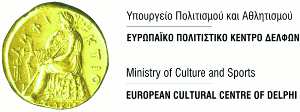 |
 |
Co-Organizers
 |
Panteion University of Social and Political Sciences
Department of Social Anthropology
|
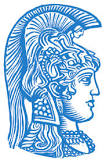 |
National and Kapodistrian University of Athens
Faculty of Music Studies
|


